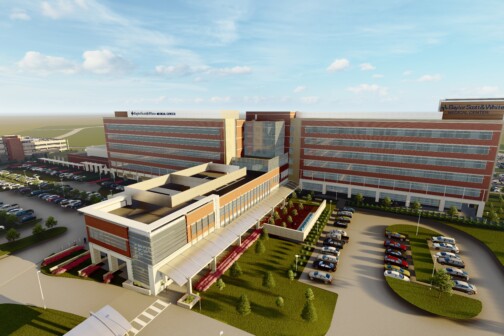More than one out of four non-elderly Texas adults did not seek medical care in 2010 because of cost, according to a Robert Wood Johnson Foundation analysis.
That rate was the second-worst in the nation, which was slightly better than Mississippi, and about 40 percent higher than it was a decade earlier. In raw numbers, that is nearly 3.8 million Texans who said they could not afford to seek medical treatment.
The report underscores the devastating effects of being uninsured. Nearly one out of three Texas adults 18-64 years old lacks health insurance—a rate that is the nation’s worst. What’s more, about one out of seven insured Texans said they could not afford care, compared with nearly half of those without insurance. The uninsured were also half as likely to have a routine medical checkup.
Nationally, unmet medical needs rose from about 12 to 18 percent in the past decade, and the uninsured rate for non-elderly adults rose from about 16 to 22 percent.
The ability of Americans to obtain health care declined in every state between 2000 and 2010.
About 10 million people lost their employer-sponsored during the 2007 and 2009, and the erosion has continued at a slightly lower rate since then. Employers are also shifting more healthcare costs onto workers through higher deductibles and increased contributions to premiums.
As it stands, health reform will expand insurance coverage to 30 more million people in 2014. However, it likely will not affect the cost barriers for those with employer-sponsored insurance. The study also found that about one out of four people with government-supplied insurance had unmet medical needs either because of cost or delays in timely access.
C. Bruce Malone, an orthopedic surgeon and past president of the Texas Medical Association, said the state’s high uninsured rate “places a terrific burden on physicians.” He said as many as four out of 10 patients “don’t pay me for the services I provide.”
Malone also pointed out Texas businesses are less likely to offer insurance because of the lack of labor unions and a comparatively high rate of smaller firms that are less likely to participate in group insurance.





